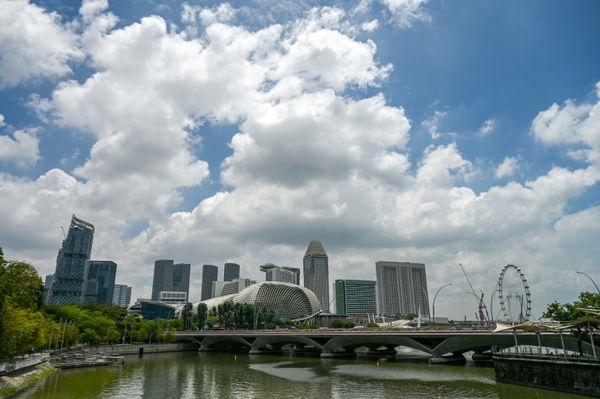
Ukrainian President Volodymyr Zelenskyy criticized U.N. Secretary General António Guterres for meeting with Russian President Vladimir Putin on United Nations Day. Zelenskyy emphasized the importance of upholding the U.N. Charter's goals and principles, despite some officials prioritizing other interests. The meeting took place on the sidelines of the BRICS summit in Kazan, where authoritarian leaders from Brazil, Russia, India, China, and South Africa gathered to strengthen economic partnerships.
Russia, China, Iran, and potentially North Korea, all part of BRICS, are known adversaries of the West and are involved in conflicts that violate international law, including Russia's war in Ukraine. The decision to meet with Putin amid the ongoing conflict sparked outrage in Ukraine, with concerns raised about the U.N.'s credibility.
The Crimean Human Rights Group criticized Guterres' meeting with Putin, highlighting the ICC's warrant against Putin for alleged war crimes. The group argued that the meeting undermined U.N. principles and called for transparency regarding the information exchanged.



Despite reiterating the violation of international law by Russia's invasion of Ukraine, Guterres faced backlash for his interactions with Putin and Belarusian President Lukashenko, a Kremlin ally. Lithuanian Foreign Minister Landsbergis expressed disappointment, suggesting a loss of faith in the U.N.
The U.N. detailed Guterres' stance on Ukraine, emphasizing support for a peaceful resolution in line with international law. However, the optics of the meetings raised concerns among NATO allies, with calls for accountability and transparency in diplomatic engagements.
The fallout from the Guterres-Putin meeting underscores the complexities of international diplomacy and the challenges of balancing peace efforts with political realities. The implications of such high-level interactions on global relations and the credibility of international institutions remain subjects of ongoing debate.







